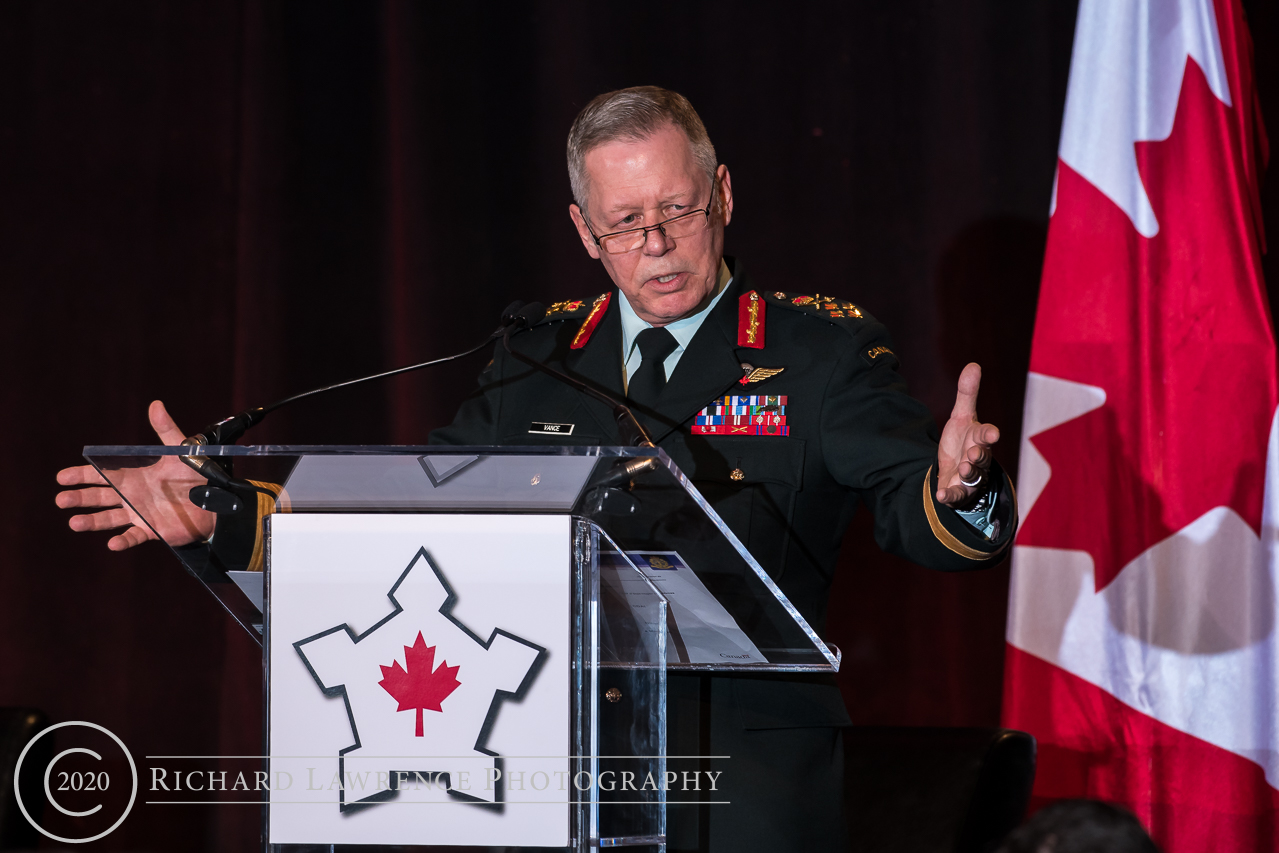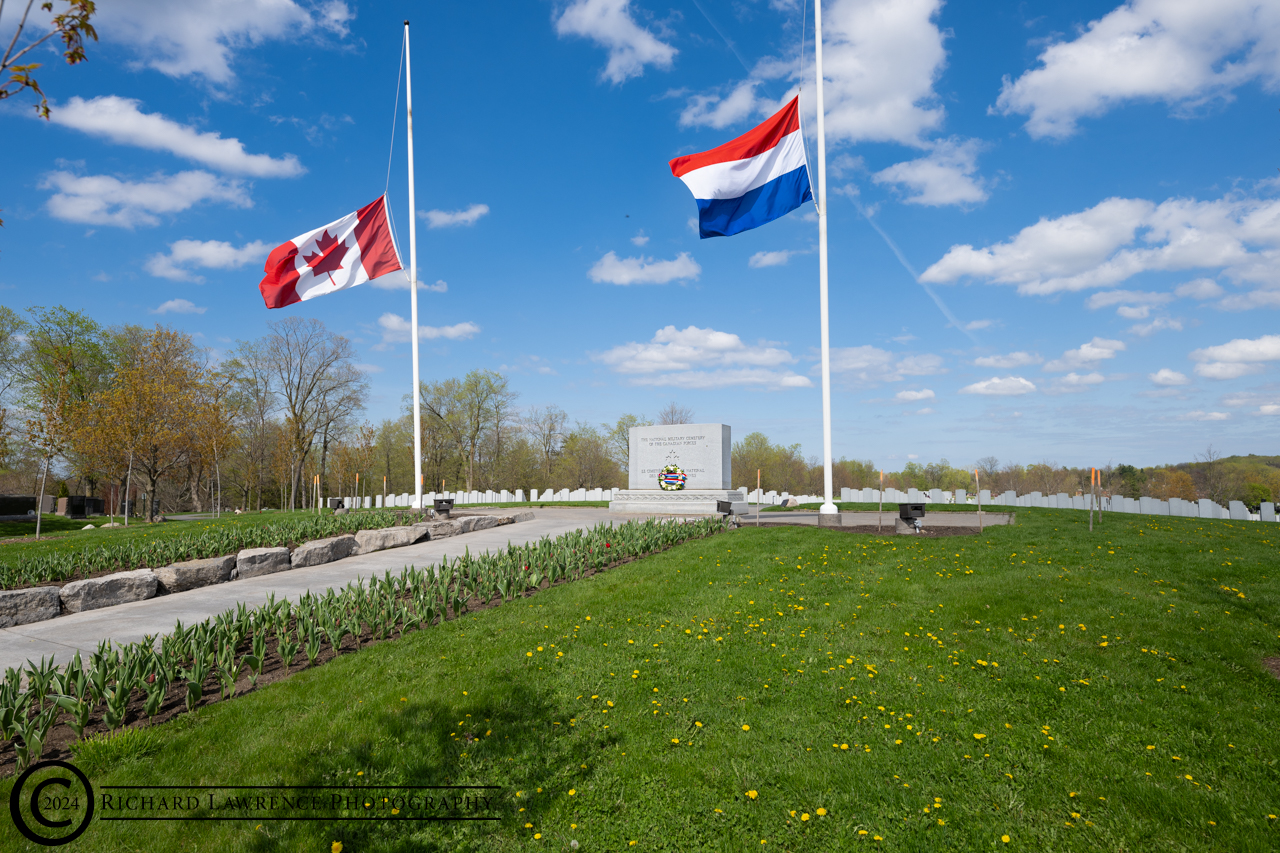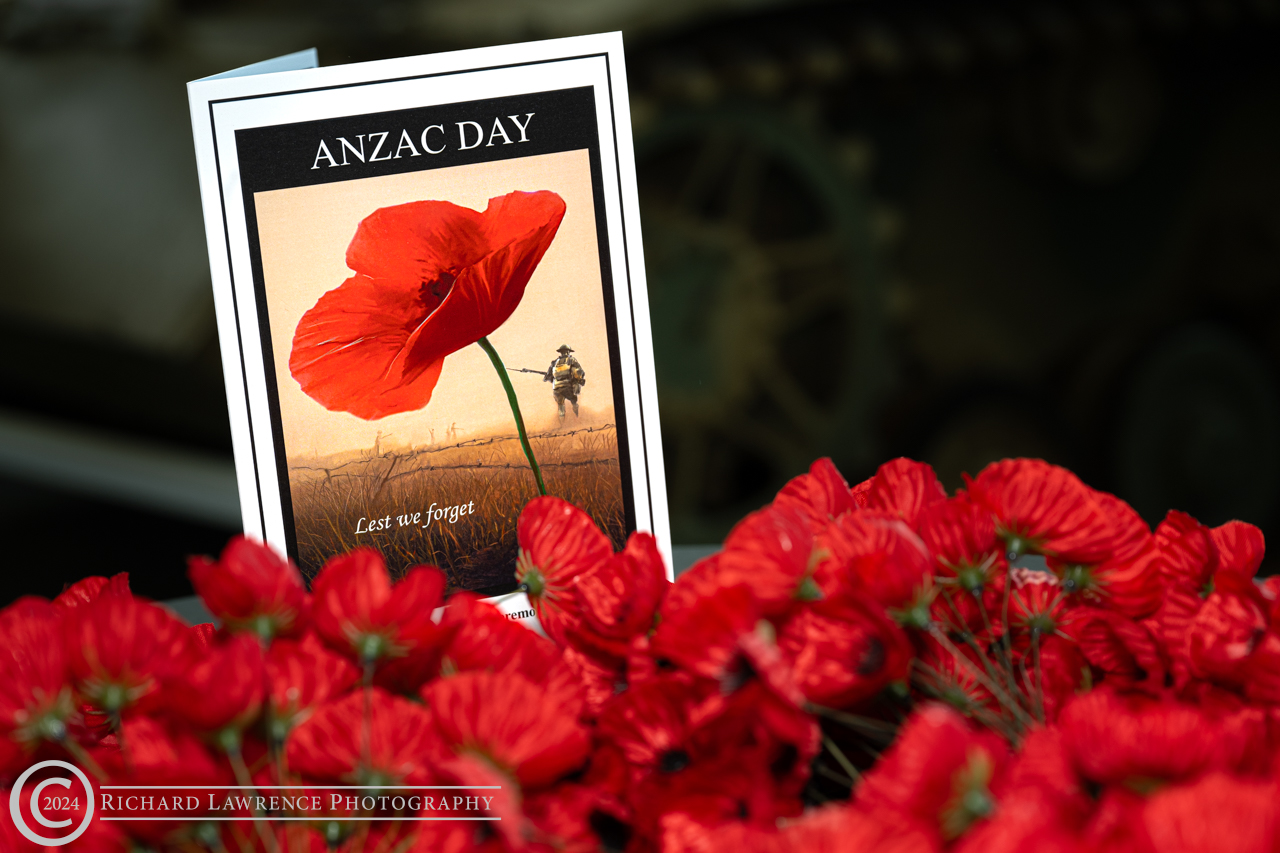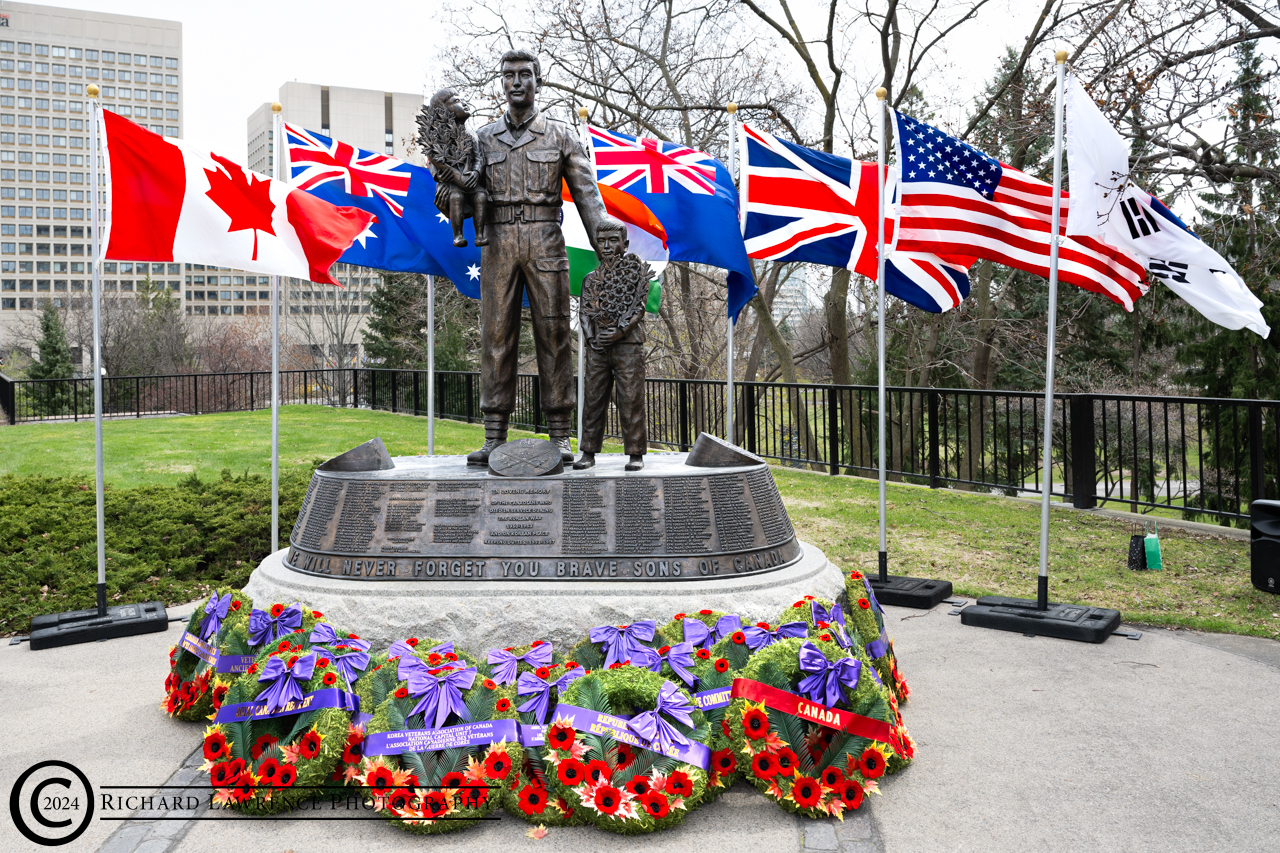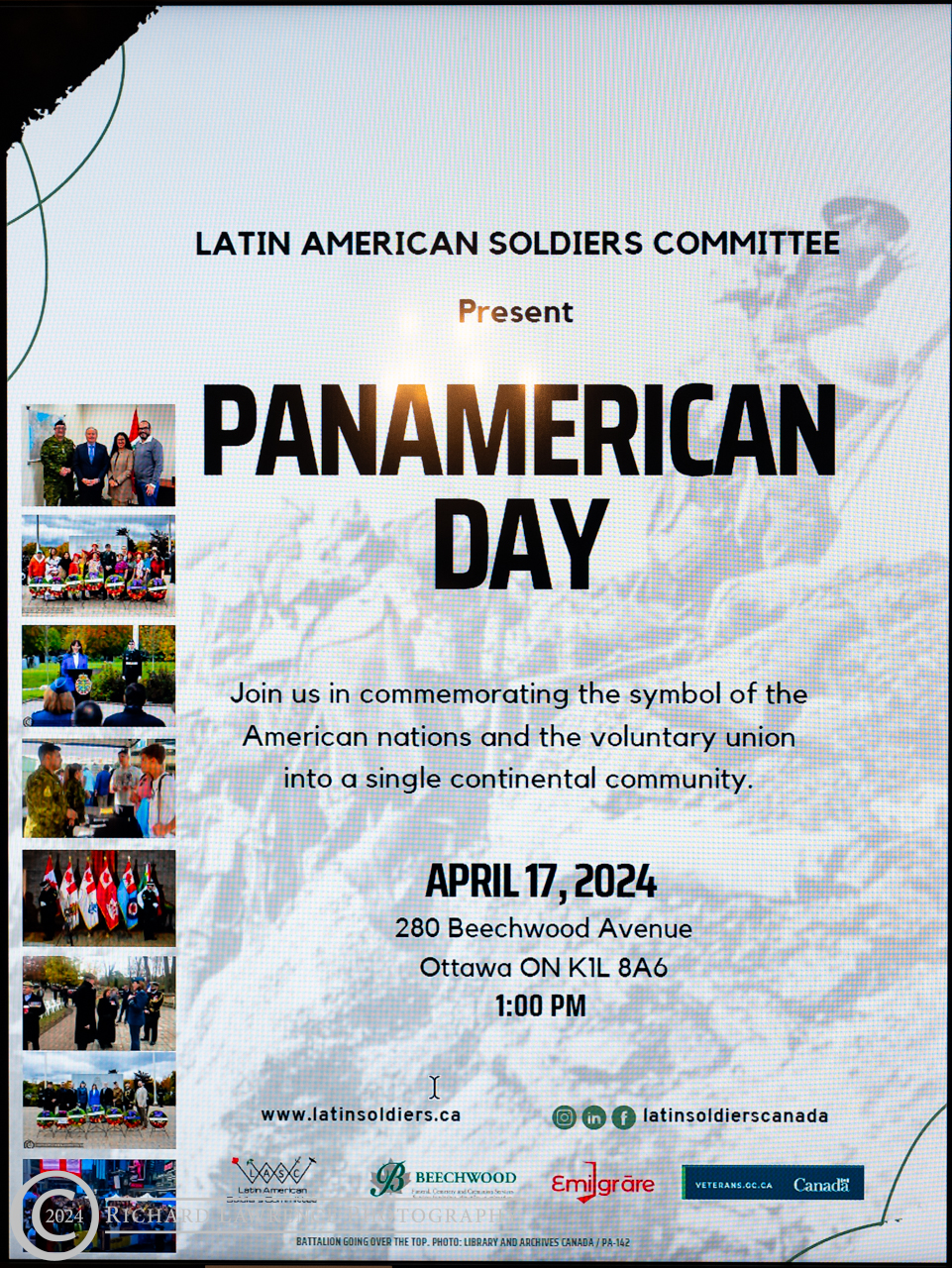On March 4th and 5th, the Canadian Defence Association Institute (CDAI) Conference on Security and Defence was held at the Chateau Laurier Hotel in Ottawa covering a myriad of topics from a group of international leaders and experts. Now, the conference is too long and to intricate to cover in a mere blog post and any one of the various panels, by themselves, defies coverage in such a small theatre as this website. However, there are two specific panel discussions that particularly caught my attention and I thought I would share some of what I found particularly interesting.
The first panel was “Escalating or De-Escalating with Russia Relations: NORAD Modernization, Forward Presence and Revamping the Arms Control Treaty Architecture” of which the part regarding Russia was particularly pointed. On the panel was the Hon. Andrea Thompson (former US Under Secretary of State for Arms Control and International Security), LGen. Christopher Coates (Deputy Commander NORAD), Janis Garisons (State Secretary of the Ministry of Defence of Latvia), and Dr. Frederick Kagan (American Enterprise Institute – Critical Threats) and it was the latter, Dr. Kagan, who put things in the most clear and blunt perspective I’ve heard in a long time. I can paraphrase what was said into a narrative but I thought it would just be easier to quote his comments directly to ensure that I don’t misinterpret anything that he said.
Probably the most interesting comments made by Dr. Kagan had to do with his views on Vladimir Putin stepping down from power. He states,
“I do not think that there is a world where Putin retires. This is really not a thing in Russian history. I think there have been exactly three Russian rulers in the past … millennium who have left office other than in a casket and all three of them were involuntary. So I don’t see Putin actually just stepping down and joining Gorbachev in the home for retired dictators.”
“I think we’re watching a clever plan that creates vulnerabilities in Russia and opportunities for us to exploit as Putin is trying to reorganize the structure of the Russian government so that there can be a façade of normal president and parliament and prime minister … and a new council of state that Putin will effectively control … that all of the actual orders and execution will flow through and that he’ll try to move himself into more of the role that Stalin played before he actually took over power, being in full control of the apparat without actually being in the face and continuing to control enormous personal wealth that is essential for managing the totocracy that is the thing we euphemistically call the Russian government.”
“There is a widespread instinct that says whatever follows Putin will be better. And I have a strong suspicion that whatever follows Putin will be a lot worse. Putin has created an ideology in Russia … what matters is the ideology that he has created is real and whether he believes it or not the generation of leaders that he is bringing up behind him do believe it. It is an extremely noxious and digressive ideology and I think anyone who follows Putin is likely to be much more aggressive, much less measured, and much less pragmatic … than Putin is. And so I must really imagine that the best case is that Putin actually retains de facto power after 2024 in some attenuated way that presents us with some opportunity. The worst case is an actual transition … to leadership that is likely to be much more aggressive and much less intelligent and much less pragmatic than what we’ve been seeing.”
When asked about Russia’s posturing on the world stage and the Wests’ ability to respond. Dr. Kagan responded,
“It’s very easy to hyperbolize the Russian threat but [we] have to understand its scale and limitations [as] the Russian GDP is somewhat smaller than Canada’s. … Canada has more wealth/resources, better demographic situation , better economic situation. … We are collectively as an alliance standing around waiting for the next play to start while the ball is actually live and the Russians are running back towards our goal. This is not an inter-war period – the war is on and the Russians are advancing and other countries are as well.”
“The principle challenge that we face actually is our own failure to recognize that we are currently engaged in a gray-zone conflict with Russia that they are largely winning and they are largely winning because we are largely not even pushing back. And one of the reasons we’re not pushing back is because of the grand strategic gaslighting that characterizes the principle Russian effort in this arena. The Russians talk about invincible nuclear weapons and we are reacting to that with fear. … we have no capability and no plans to build capability to defend against the Russian weapons of the 1950s era, so when they make them hypersonic, it doesn’t matter all that much so why does Putin go down that path. Partly to deter us from ever thinking of trying to build a missile defence system which would be cost imposing for him but also to create a false impression of Russian military power.”
“[The] main line of effort that the Kremlin is pursing now that they are succeeding in and that we are inadvertently helping them which is that we are also gaslighting ourselves and we are persuading ourselves that it is too hard and dangerous to push back on the Russians anywhere, we are accepting their line that if we push back anywhere it’s WWIII so we are allowing them to proceed unchecked in Syria, in Ukraine, and other places where in fact we have the opportunity to push back, to impose costs on them they cannot afford to bear. … If we understand our own strengths and reflect on their limitations, then I think we have the ability to craft strategies that will be successful.”
GASLIGHTING Definition – is a tactic in which a person or entity, in order to gain more power, makes a victim question their reality (https://www.psychologytoday.com/)
When commenting on Canada withdrawing from global peacekeeping efforts,
“We are at risk of defining the Russian threat in a very limited fashion, so that in the US we are unfortunately retreating towards a hemispheric defence view of the world under the current administration, which I think is a mistake. In Canada I think you also have a risk of withdrawing to a position where you have a lot of opinions about what the world order should be but relatively little interest in actually engaging to make it so. “
“This is the main effort that the Russians are engaged in is to destroy the rules based international order and recreate a Hobbesian system they think will benefit them.” … The willingness of so many people in the west to say “well after all, Crimea is only sort of part of Ukraine or really wasn’t part of Ukraine” is an astonishing concession that most people don’t even understand is a concession because there is an underlying principle there that people have lost sight of which is that when the Soviet Union fell, 15 constituent states became new members of the United Nations with agreed upon international borders and you don’t need to prove that you have a historical claim to the territory that is within your internationally recognized borders. That’s a fundamental principle of sovereignty and yet we continually have a discussion based on the Russian information operation about whether or not Crimea is properly part of Ukraine.” …
“You either believe in sovereignty as properly understood and not as the Russians understand it, or the Chinese understand it, which means that states have borders and other states don’t have the right to interfere within those borders. That there are no steps of sovereignty. This is the Russian view. The Russian view is very much that only great powers are sovereign. And they define a different form of sovereignty for their immediate neighbours. Objectively that is as much a threat to Canada over the long term as any Russian advanced SU-35s or other things that might come across into Canadian airspace because that is a threat that will destroy the global international order from which no states benefit more than the United States and Canada.”
HOBBESIAN definition – referring to the 17th century English author Thomas Hobbes, whose best-known work, Leviathan, describes a situation of unrestrained, selfish and uncivilized competition. (https://en.wiktionary.org/wiki/Hobbesian).
Now, the other panel members were equally as evocative but not with the clarity that I found with Dr. Kagan. As well, the other topics covered by the panel regarding NORAD and its relevance and future and Arms Control Treaties were well worth a listen and I found this to be the best panel of the two days. If you can get a full audio copy of the session, it is well worth a listen.
The second interesting panel was “Great Power Dynamics in the Middle East” and had on its panel Ambassador Cong PeiWu, Ambassador of the People’s Republic of China to Canada, who had to defend China on several points. Because this is also a long panel, it will be covered in another post.
To see all the pictures from the conference, CLICK HERE
=================================================
